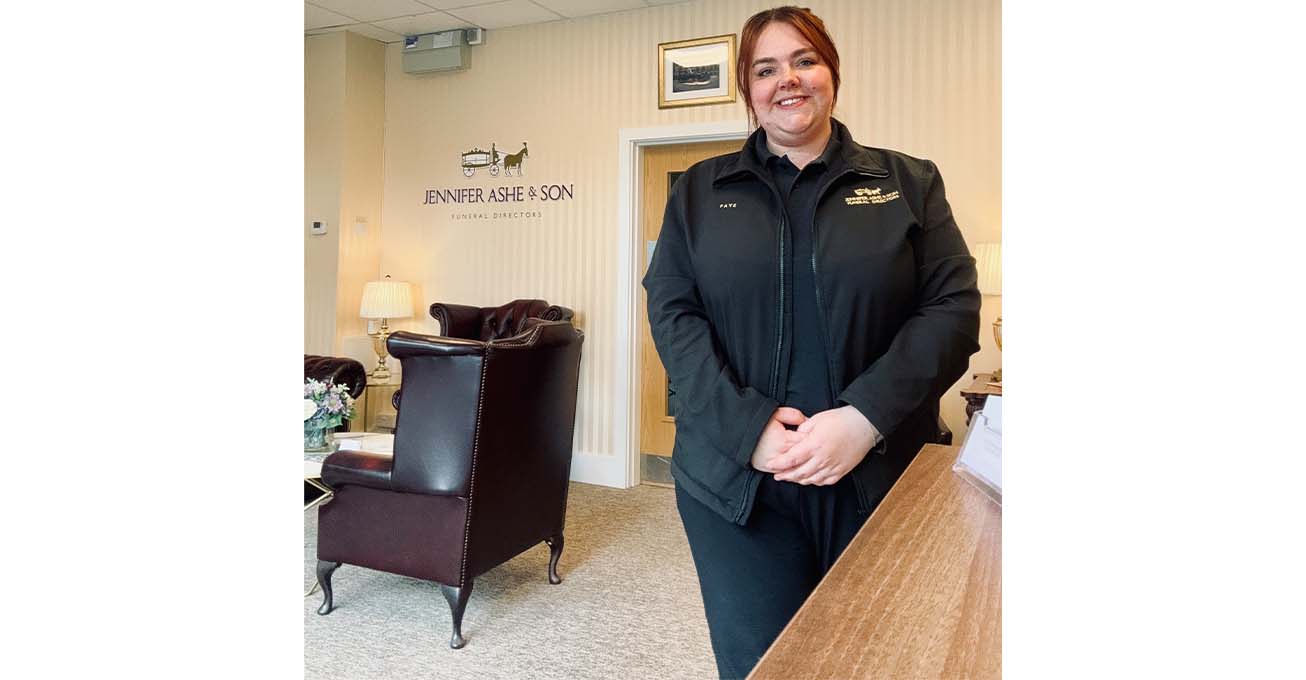After a summer of mixed weather, the UK is currently basking in a heatwave with the MET office predicting temperatures of more than 30C – potentially beating 2023’s current high of 32.2C seen back in June.
But as if FINALLY looks like we’re to get some late sun, what are your rights if you have to work through a blistering heatwave?
Emma Tice, head of Employment Law at leading HR firm Precept, says that although the UK has no current legislation on minimum and maximum temperatures in the workplace, employees can ask for reasonable mitigation techniques to make working more bearable.
She said: “All predictions are that this intense heat is here to stay on a regular basis with the Met Office records showing that all of the UK’s 10 warmest years have occurred in the last two decades.
“And whilst we often hear people asking if the temperature reaches more than 30C, are they entitled to the day off, the simple answer is ‘no’.
“Under the Health & Safety at Work Act 1974, employers are required to ensure the health, safety and welfare of those present in the workplace. Nowhere in that legislation or any of the regulations that sit alongside it is there a minimum or maximum temperature for indoor workplaces.
“The closest we get is in regulation 7 of the Workplace (Health, Safety & Welfare) Regulations 1992 which states that the temperature in all indoor workplaces should be “reasonable”. There is no ‘one size fits all’ answer here and it all depends on the nature of the work that is being undertaken and those who are present in the workplace.”
Emma suggests that employers should assess the situation on a daily basis, and that temperature should clearly be a factor into those assessments.
She said: “Employers have a general legal obligation to undertake suitable assessments of health and safety risks of their employees.
“Suggestions we have to make things more harmonious include providing air-conditioning or, where that’s not possible, electric fans or cooling systems; staggering shift patterns so that employees can avoid travelling during the warmer – or colder – parts of the day and relaxing the dress code.”
Earlier this year, we saw the hottest June on record with heat-health alerts, water shortages and unprecedented deaths of fish in rivers.
The Met Office also said that the unusually high temperatures early on in the summer season were driven by “the background warming of the Earth’s atmosphere due to human-induced climate crisis”.
Emma is urging all employers to make sure they are clear on their obligations, especially as more workers are now home-based – whether it’s sun or snow.
She said: “In a world where employers have to be creative to attract and keep hold of the very best talent, it is often the smaller things that are the game changers.
“I am not saying that providing a fan to your staff will be the deciding factor, but these types of things become really important to staff. It then is important that employers have a really clear stance on things like this…… ice-cream vans at work are great, but is that what staff really want?
“Maybe they would they prefer to come to work in comfier clothes or work from home? Would it be more convenient to work earlier in the day, or later in the evening? The list is endless but, in the market nowadays, employers have to be creative.
“This is something that we have been exploring at Precept in our recent ‘Away Day’ – really getting to know what motivates our staff means that we can create the business that they want to work for.”







